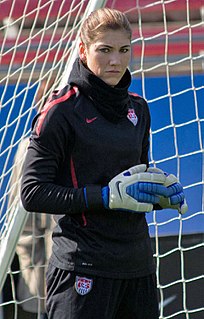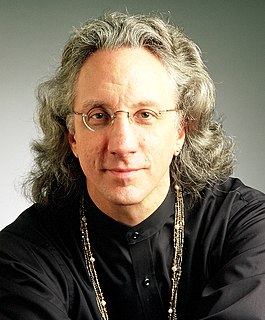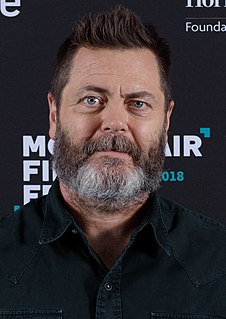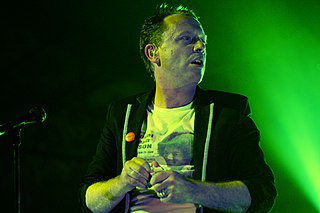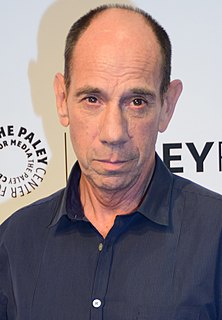A Quote by Matt Bomer
I like endings that let your imagination do a lot of the work.
Related Quotes
The most-asked question when someone describes a novel, movie or short story to a friend probably is, 'How does it end?' Endings carry tremendous weight with readers; if they don't like the ending, chances are they'll say they didn't like the work. Failed endings are also the most common problems editors have with submitted works.
Your imagination is the single most important asset you possess. Your imagination is your power to create mental pictures of things that don't exist yet and that you want to bring into being. Your imagination is what you use to shape your future. And so in your own way, you are a prophet. You generate countless predictions every day. Your imagination is the source,tirelessly churning out mental pictures of what you'll be doing in the future.
Doing voice work is more like recording music that people are going to listen to. You're creating an oral experience using whatever bells and whistles you have in your voice, and you can shut your eyes and use your imagination and nobody's going to see if the faces you make don't match the voices you make. That's a lot of fun.
There are people a lot smarter than me investigating nature versus nurture who would have a lot to say about that, but I think it's an enormous privilege to be born into a family where my parents had enough time to read to me and listen to my stories and foster my imagination. It's a privilege to have time to investigate your imagination. And not to have, like, an amount of stress on you as a kid that prevents you from maturing creatively.

